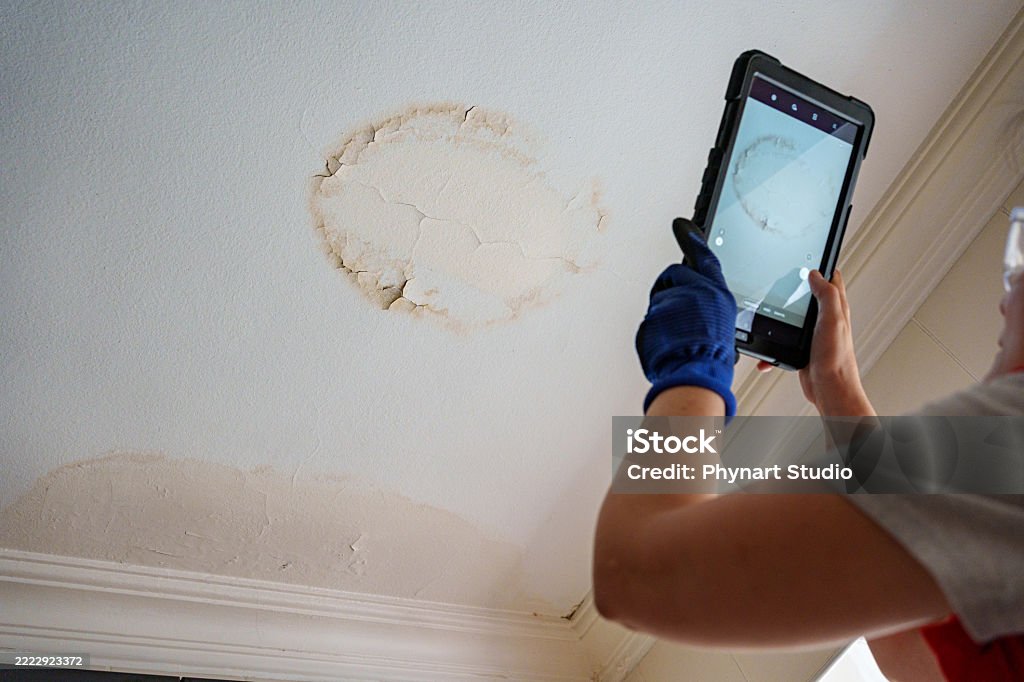Walk into any casino—whether it’s the bright lights of a Vegas resort or the digital glow of your phone—and you’ll sense the industry’s in the midst of real change. It’s not just about the games anymore. The combination of technology, regulatory reform, and an emphasis on what players truly seek is changing how we play, pay, and interact with casinos. For example, platforms like https://usdtcasinos.net/ are showcasing how digital currencies and innovative payment solutions are becoming central to the modern casino experience, making transactions faster and more secure for players worldwide. Let’s look at where we are headed, and the consequences for you, the player.
AI at the table
In recent times have you noticed that the online casinos seem to “know” you? That is artificial intelligence working behind the curtain. By 2025 AI is more than a tech term, it is creating personalized experiences for you as a player. Operators can use this to recommend games, personalize bonuses and engage with the level of difficulty of the games to emerge creating a more personal experience for you. Where will it stop? Engagement is up by as much as 27%, which isn’t surprising when you think about how much more relevant your casino experience feels.
But AI’s not just about entertainment. It’s also a safety net. Modern platforms use real-time monitoring to flag risky behaviours—like sudden spikes in deposits or unusual betting patterns. This isn’t just about ticking regulatory boxes. It’s a genuine response to tighter rules in places like the UK and Ontario, where casinos are expected to step in before things go too far. Even on the famous Vegas Strip, AI’s being used to tweak comps and table minimums in real time, a move that’s nudged profits up by 6%. When you see the global machine learning market projected to hit $113 billion this year, it’s clear this isn’t a passing trend.
Crypto’s winning streak
If you’ve played online lately, you’ve probably seen more casinos accepting crypto. It’s not just a gimmick. In 2024, crypto casinos accounted for $81 billion of global gaming revenue. The draw? Transactions happen in minutes, not days, and blockchain technology means you can trust that every game’s outcome is fair and transparent.
There’s a regulatory angle here, too. Political shifts—like Donald Trump’s pro-crypto stance and the launch of the $TRUMP token—are helping digital currencies find their place in regulated markets. By 2025, online and mobile platforms are expected to make up 59% of global gross gaming revenue, or around $308 billion, with crypto taking a bigger slice each year. Malta and Curacao are leading the way, licensing and regulating crypto casinos while still keeping player protection front and centre.
VR, AR and the social casino
It’s not just what you play, but how you play that’s changing. Virtual and augmented reality are moving from novelty to mainstream, especially for players looking for something more immersive. Platforms like Decentraland now offer virtual casinos where you can socialise, play, and even feel the weight of virtual chips thanks to haptic feedback. Live dealer games have also evolved, with better streaming and interactive features making the online experience feel almost like being there in person.
The numbers tell the story: the VR gaming sector is growing at a rate of 32.7% a year through 2030. Mobile gambling isn’t slowing down either, set to reach $169.22 billion by 2030 with annual growth of 11.2%. What’s driving this? The rollout of 5G and cloud-based casinos, letting you join a live tournament or spin a slot from just about anywhere. Social features—like multiplayer tournaments and tokenised rewards—are building communities, especially among younger players who value connection as much as the games themselves.
Regulation reloaded
With all this innovation, you’re probably curious about who is looking out for things on a regulatory standpoint. For example, AI driven compliance systems are now tracking real time instances of fairness and money laundering. In the UK specifically, the Gambling Commission is using AI to track problem gambling, all while players continue playing their games without interruption. They call this “frictionless” protection of players. It is a fine line to walk protecting players without ruining the experience.
On the crypto front, Malta and Curacao are establishing frameworks that enable large amounts of innovation whilst maintaining player protections. These are not just regulatory measures, but necessary actions given the sophistication and interconnectedness of the industry. Transparency and ethics are front and centre, especially as personalisation and immersive experiences deepen.
The stakes ahead
So, where does all this leave us? The casino industry’s not just growing—it’s evolving, with projections putting it at $230.35 billion by 2029. AI, blockchain, and immersive tech are facilitating greater possibilities for engagement, safety, and convenience but may raise novel questions about decisions on privacy, fairness and duty. We are all participating as players, regulators and operators, in this shared space of uncertainty.
The future of casinos is not simply about the next shiny object. It is about providing a space where technology, trust, and entertainment can co-exist. As we move forward, those who innovate with thoughtfulness and regulate with discretion will provide direction for what comes next, while never losing sight of the player.





